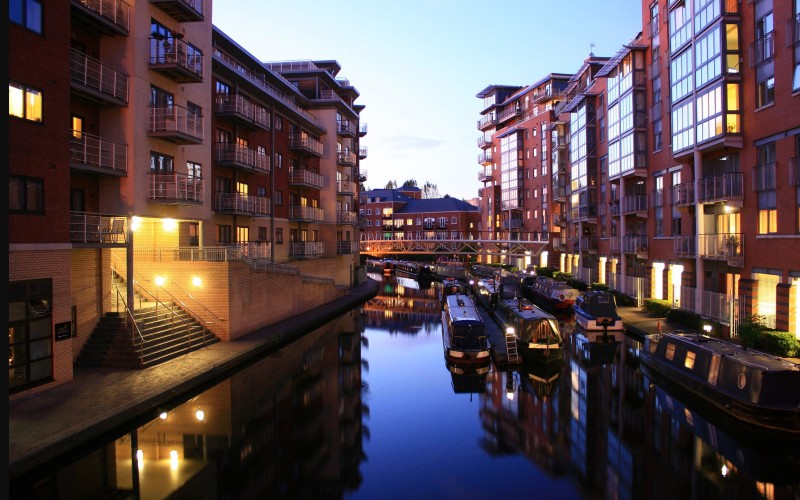A new state-of-the-art UK Telecommunications Lab will be based in Solihull, creating dozens of high-skilled jobs for the region, Tech Minister Damian Collins has announced.
The first of its kind in the country, the Lab will act as a secure research facility bringing together telecom operators, suppliers and academics to research and test innovative new ways of boosting the security, resilience and performance of the UK’s mobile networks. It will help close the digital skills gap locally as well as nationally by creating dozens of specialised jobs in telecoms and cyber security.
New research out today, which has been commissioned by the government for Birmingham Tech Week, also shows a large increase in the number of tech startups and scaleups across Birmingham and the West Midlands.
There has been a 21.3% increase in tech jobs in Birmingham in the seven months to July 2022, rising to 31% across the West Midlands region, according to analysis by smarter job search engine Adzuna for the UK’s Digital Economy Council.
There are now over 144,000 people employed in tech startups and scaleups across the West Midlands, with over 56,000 in Birmingham alone. The boost to hiring follows a sharp increase in the value of West Midlands tech companies, with the region’s tech ecosystem now valued at £15.3 billion, up from £11.5 billion in 2021, according to new data from Dealroom.
The analysis shows the West Midlands has become one of the UK’s biggest digital sectors – with health, transport and sports tech companies flourishing in particular. Since 2020, West Midlands tech companies have raised over £850 million in venture capital funding.
Tech entrepreneur Sir Hossein Yassaie joins Logically as chair
Tech Minister Damian Collins said: “After this summer’s stunning Commonwealth Games it is great to feel the buzz in the city yet again in Birmingham Tech Week.
“Fast-growing firms are cementing Birmingham’s status as a tech powerhouse – boosting jobs and spreading economic growth right across the West Midlands.
“As a result, there is no better home for the new UK Telecoms Lab, which will turn the region into a centre for expertise and innovation in the security of next-generation mobile networks.”
The ever-increasing speed and reliability of mobile and broadband networks has supercharged the UK’s economy, but it also means we are more dependent on telecoms infrastructure.
As the demand for 5G grows and next-generation 6G is on the horizon, having a new national research facility in one location will enable telecom companies and suppliers to test their equipment – such as radio network infrastructure and the software which underpins it – in a realistic environment.
The UK Telecoms Lab will help get faster mobile technology rolled out quicker and ensure people can continue to have full confidence in UK networks by identifying national security risks and vulnerabilities and ensuring vital equipment and software are protected against cyber attacks.
The lab will help new businesses enter the UK telecoms market by testing to ensure equipment is fully ‘interoperable’, meaning it can connect to kit supplied by different manufacturers, which is increasingly important to the government’s £250 million strategy to diversify the UK 5G telecoms market.
The Lab will be based in the Metropolitan Borough of Solihull. The government will announce further details about the Lab in due course.
Andy Street, Mayor of the West Midlands, said: “Tech is one of the most exciting and fastest growing sectors in our region. This fantastic announcement that Solihull will be the home of the new UK Telecoms Lab yet again underlines the strength of this important sector for us here in the West Midlands. The Lab will bring a wide range of stakeholders together to drive innovation and create high quality new jobs for local people.
“As we mark Birmingham Tech Week, it’s a great time to remember that we are at the cutting edge and – with our tech sector already valued at over £15 billion – we have an exciting future ahead of us.”
Winter sets in for UK economy as eyes turn to Kwasi Kwarteng


